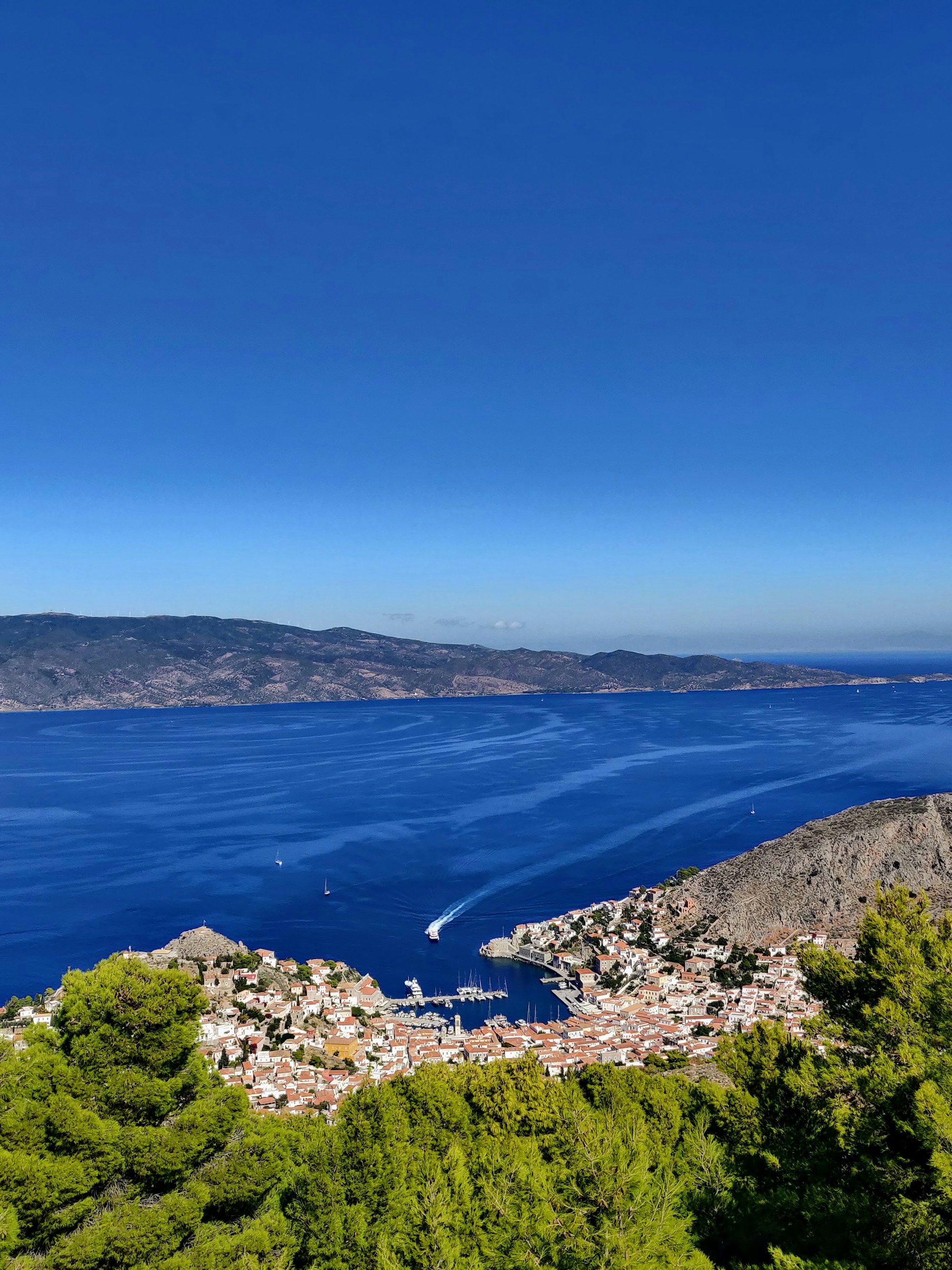Comprehensive Travel Guide to Hydra, Greece
Experience Hydra, Greece - Explore its lush landscapes, quaint architecture, serene beaches, and rich culture. Uncover a Greek paradise!

Introduction
Hydra, a picturesque island in Greece, is a destination that effortlessly combines the charm of the past with modern amenities. Nestled snug in the Aegean Sea, its cobbled streets, white-washed houses, and crystal-clear waters are steeped in history and culture. The island remains a source of inspiration for artists the world over.
Historical Context
Hydra's history dates back to the Mycenaean period when the island was populated by an ancient tribe known as the Dryopes. However, Hydra's golden era was the 17th and 18th century, during which it reached its economic and naval peak. A key player in the Greek War of Independence, the island supplied over 150 ships and many sailors and admirals. Today, the island commemorates this era and pays homage to its maritime past with the Hydra's Maritime Museum.
Getting There
By Sea: The primary access to Hydra is by sea, as it’s car-free. Ferries and catamarans from Piraeus port in Athens make regular trips, typically taking between 90 minutes to 2 hours.
By Air: The closest airport to Hydra is Athens Eleftherios Venizelos International Airport. From there, travelers can use public transport or a taxi to Piraeus port.
Accommodations
A range of accommodations are available in Hydra. From luxury boutique hotels like the Hydra Icons, traditional guest houses such as Hydra's Guest Houses, to more budget-friendly options like the Angelica Hotel.
Cultural Practices and Festivals
Hydra's culture is deeply rooted in its seafaring past and Orthodox traditions. Every year, on the last weekend of June, the Miaoulia festival pays tribute to Admiral Miaoulis, a key figure in the Greek War of Independence. This event includes a re-enactment of a naval battle from the revolution with fireworks used to simulate cannon fire.
Culinary Delights
Part of the Hydra experience is indulging in Greek cuisine at local tavernas that serve traditional dishes such as Souvlaki, Moussaka, and Taramosalata. Furthermore, make sure to try the Pistachio nuts, Hydra's local product.
Local Anecdotes
Despite Hydra's historical significance, the island is also historically known as a "rock for the wild ones" because of its association with the bohemian culture of the 1960s. It served as a retreat for intellectuals, painters, and musicians, including the famous Leonard Cohen who owned a house on the island.
Interesting Facts
Did you know that Hydra is one of the few places in Greece that cars are forbidden? That's right - the island’s entire transport is either on foot, by boat, or riding donkeys. This lack of motor vehicles lends a serene ambiance to the island.
Conclusion
Hydra is a treasure trove of historical narratives, exquisite landscapes, rich cuisine, and vibrant culture. Its harmonious blend of past and present offers a unique cultural exploration that isn’t easily forgotten. Times may change, but the timeless beauty of Hydra remains resolute.
